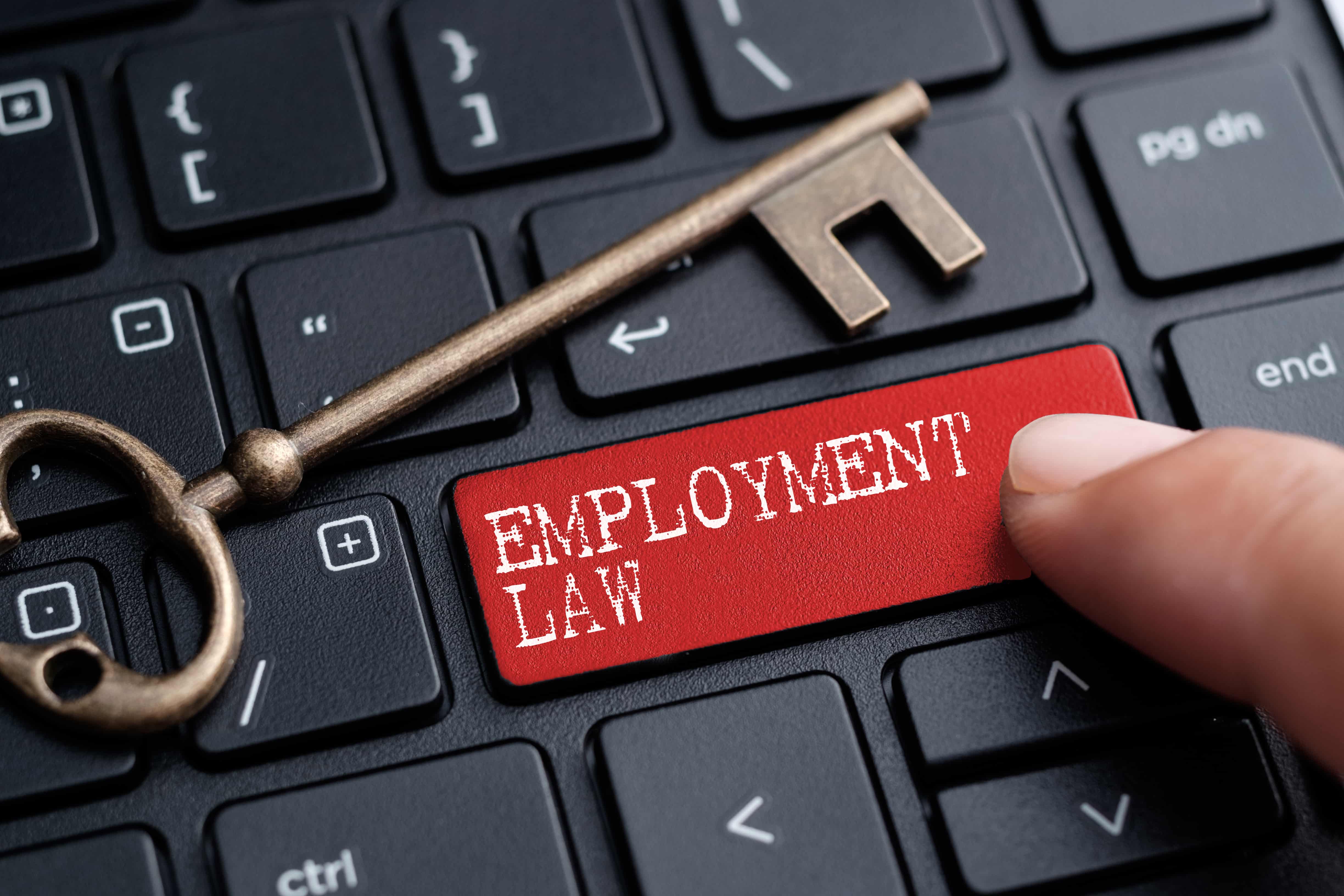The Fair Work Commission has powers to make anti-bullying orders when a worker has been bullied by an individual or group and there is a risk that the worker will continue to be bullied at work by the individual or group.
The Commission does not have the power to order any monetary compensation – the orders are there to get workers back working in a bullying-free environment as quickly as possible, while taking steps to remove future bullying risk.
What is bullying?
Under these new powers workplace bullying occurs when:
- an individual or group of individuals repeatedly behaves unreasonably towards a worker or a group of workers at work; and
- the behaviour creates a risk to health and safety.
This is a new jurisdiction, but from cases from other jurisdictions, some examples of bullying have been held to be:
- aggressive or intimidating conduct;
- belittling or humiliating comments;
- victimisation, isolation and ostracism;
- spreading rumours or playing practical jokes;
- unreasonable work expectations;
- upwards bullying – such as where a group of employees bully a team leader.
It’s important to note that the unreasonable type of behaviour must be repeated to fit the definition, but it does not have to be exactly the same particular type of unreasonable behaviour. So, if an employee is subject to belittling comments in one instance, and given unreasonable work expectations in another instance, together that could be repeated unreasonable behaviour which is bullying where it causes a risk to health or safety.
The health and safety risk
Some bullying could be physically violent, or otherwise involve subjecting a worker to a physical safety risk at their workplace. However, bullying will often cause psychological and stress-related risks to health and safety. If you are a worker who is suffering stress due to bullying, it’s not necessary to have a GP’s or psychologist’s diagnosis, but that might help show the health and safety risk that could arise from continued bullying.
What’s not bullying?
“Reasonable management action” will not be held to be bullying. What is reasonable in particular circumstances will depend on the facts. Management actions such as: performance appraisals, giving warnings or changing a worker’s roster can be reasonable or unreasonable depending on the circumstances, and it will be the Commission’s task to balance people’s views as to what is and what isn’t reasonable.
Who and where?
Under the legislation, bullying by “an individual or group of individuals” towards a worker or group of workers is relevant. So, the bully in question doesn’t have to be employed by the same employer as the bullied worker, the important thing is that the bullying occurred “at work” – that is, at a place at which work activities are done.
Employees of some employers cannot use this process if they are not employed by corporations or certain other entities.
What’s the process?
A worker can make an application for an anti-bullying order to the Fair Work Commission. The Commission must then start to deal with the application within two weeks.
The Commission sends a copy of the application to the employer, and anyone named as a bully in the application, and they then have seven days to respond. The Commission may then deal with the application by having a conference or mediation between the parties, and then potentially a more formal hearing. After that, the Commission can make an order to stop bullying. Of course, the parties might agree on a solution or a way forward before the Commission gets to the point of issuing orders.
What sort of order?
The order will depend on the facts presented to the Commission, and the orders sought by the affected worker or workers.
The point of making orders is to prevent the bullied worker being put at a future health and safety risk arising from future bullying.
If the person who had been causing the bullying is no longer in the workplace, then it might mean that the Commission does not need to make an order to prevent bullying.
However, orders might be made such as changing people’s shifts, changing the person a worker reports to, or changing the work location of the bullied worker or the person accused of bullying.
What if I’m sacked or I resigned?
If an employee is terminated, they lose the chance to bring a bullying application. However, there are other applications that can be made in those circumstances, such as unfair or wrongful termination or an application under the general protections.
How can we assist?
We can answer your questions about the anti-bullying process, such as whether you can apply for an anti-bullying order and whether there are other applications you can make. We can prepare and make an application for you, and assist you in the conciliation and hearing stage of your application.
We can help you get working again in an environment where you don’t have to put up with bullying that affects your health and wellbeing.
If you need more information or if you need assistance or advice on how to proceed please call us on (03) 9592 3356 or email office@citypacific.com.au.


